Kidney beans are a cupboard staple. Whether you regularly include them in your culinary creations or you’re wondering what to do with the tin at the back of the shelf, there’s no doubt that they’re one of the healthiest pulses around1 .
What are kidney beans?
Kidney beans are a member of the legume family, and they’re native to Mexico and Central America. It’s no surprise, then, that we often add these nutritious beans into many of our favourite Mexican dishes2. The kidney beans we tend to see most are the red variety. However, kidney beans are available in a range of sizes and colours, including white, black, and purple. They’re available ready-to-cook in tins or dried and are often a low-cost option to add to your shopping basket3.
Whichever variety you choose, these pulses can be a great addition to your diet. They may bring plenty of health benefits too.
What is the nutritional value of kidney beans?
Whether you sprinkle them on salads, add them to stews, or blend them up into dips, kidney beans are an excellent source of protein, fibre, and complex carbohydrates4. They’re reasonably low in calories and fat too, making them a perfect choice for managing your weight.
90g of cooked kidney beans typically contain:
-
- Calories: 112
-
- Fat:4g
-
- Carbohydrates: 20g
-
- Fibre: 7g
-
- Protein: 8g5
As well as a great source of fibre, complex carbs, and protein, kidney beans are thought to contain plenty of essential vitamins and minerals too.
These may include:
- Folate and thiamin
- Vitamin K, vitamin B6 and vitamin C
- Riboflavin, niacin and pantothenic acid
- Phosphorus and manganese
- Copper, potassium, magnesium and iron6
What are the health benefits of kidney beans?
Including kidney beans in your diet could provide a lot of different benefits. Whether you’re managing your weight or simply want to get more nutrient-rich foods in your meals, they could be right for you.
Some health benefits may include:
- Lowered cholesterol
- Supports normal cognitive function
- Energy support
- Blood sugar control
- Maintaining blood pressure
- Supporting normal digestion
- Weight loss7
Remember to enjoy kidney beans as a part of a healthy and balanced diet. While they offer plenty of essential nutrients, you’ll need more than just a plate of beans to stay healthy.
How to include more kidney beans in your diet
Kidney beans have a mild taste, meaning they’re well-suited to most savoury dishes. They can be a great flavour carrier too, which means they’ll absorb any seasoning you add to your meal8 Try adding cooked kidney beans to your salads for an extra protein punch. Or, add them to curries, stews, or chillis to boost the nutrient profile of your meals. You could even try blending them into a dip for crudites or chopped veg. Look for other healthy cooking ingredients to create nutritious meals that taste delicious and are nutritious too.
Who should avoid kidney beans?
While kidney beans are safe to eat for most people, it’s worth bearing in mind that they need to be cooked properly. This is because they contain a natural toxin called lectin, which can cause vomiting and stomach pains. Cooking removes this toxin, so be sure to prepare them carefully before you add them to your recipes.
Tinned kidney beans are already cooked, so they just need a quick rinse before use. Dried kidney beans need to be soaked, rinsed, and cooked before they’re safe to eat9. Shop Food & Drink
Reviews
There are no reviews yet.
Related products
Pulses And Lentils
Pulses And Lentils
Pulses And Lentils
Pulses And Lentils
Pulses And Lentils
Pulses And Lentils

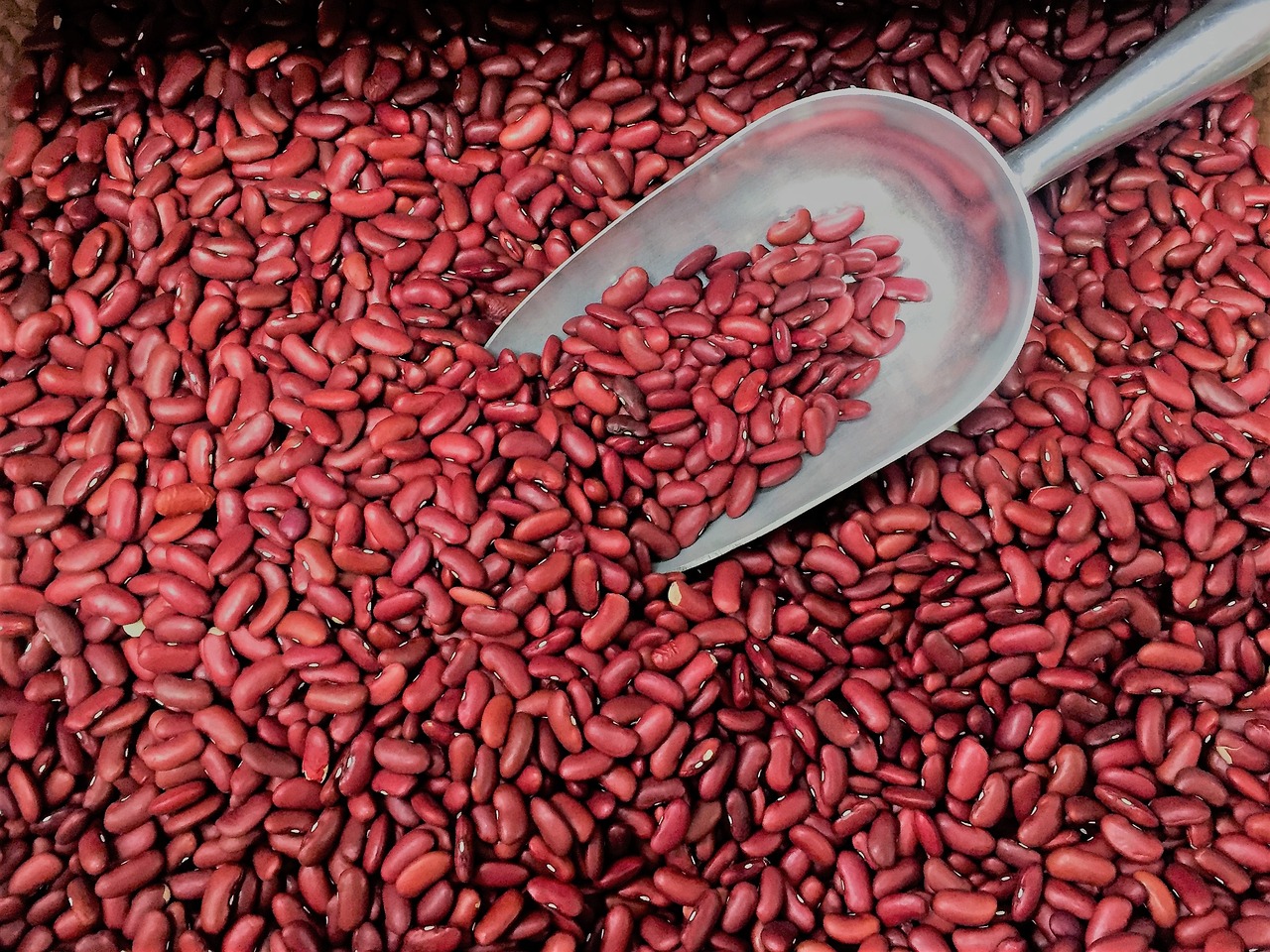
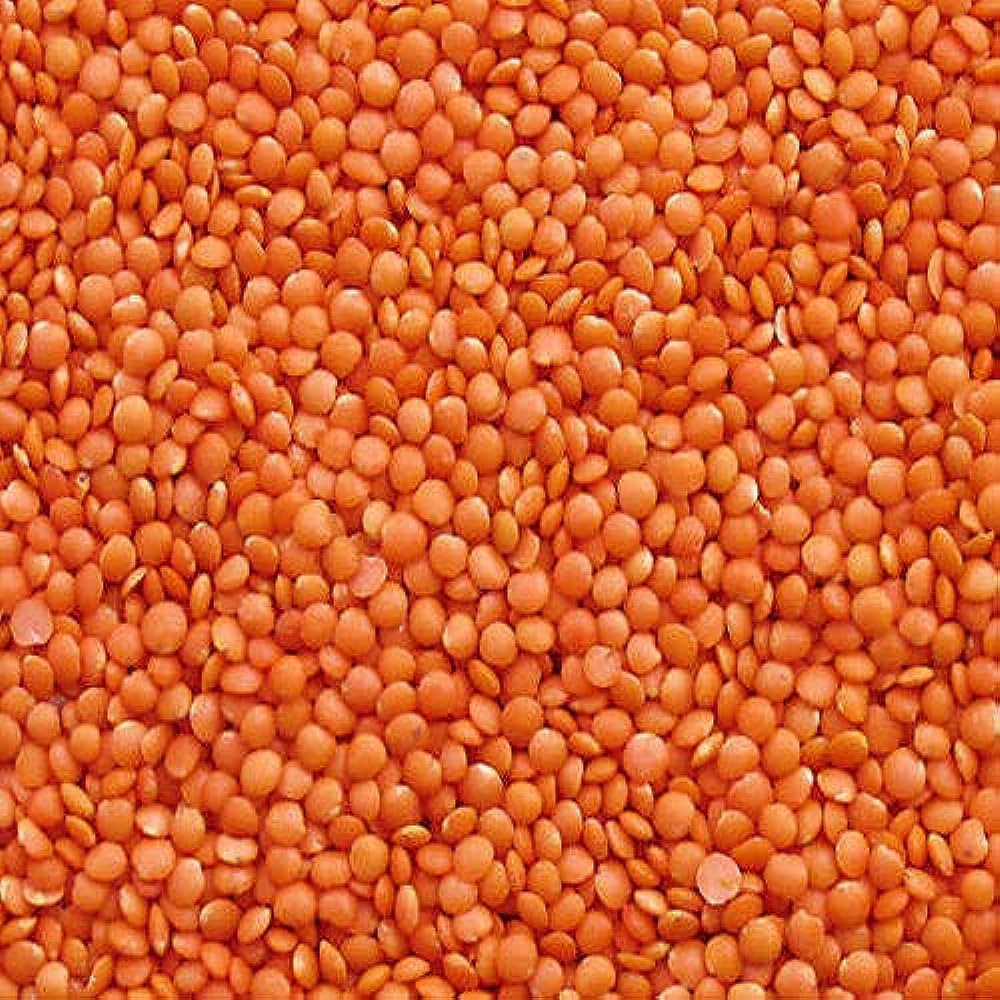
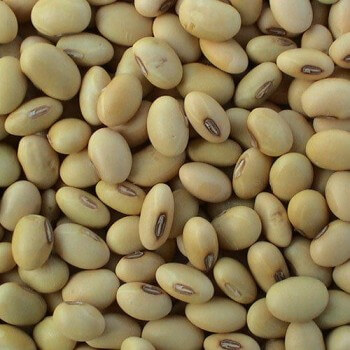
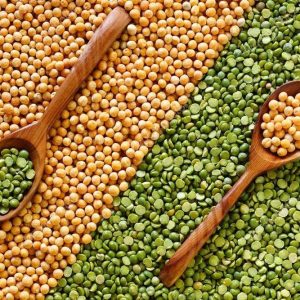


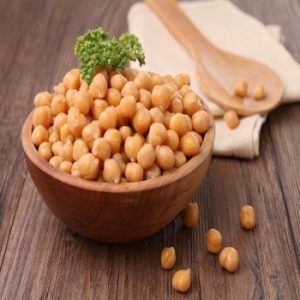
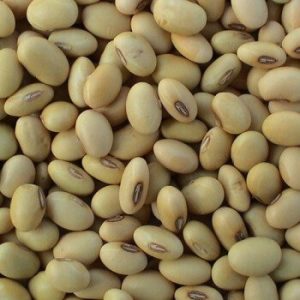
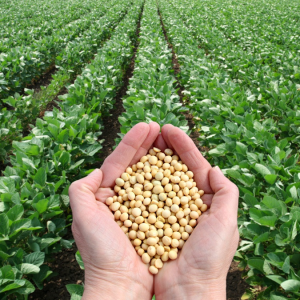
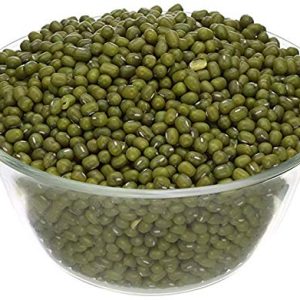
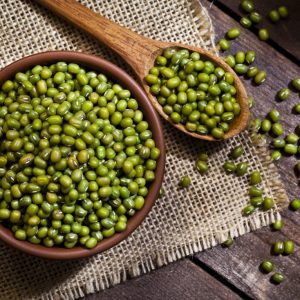
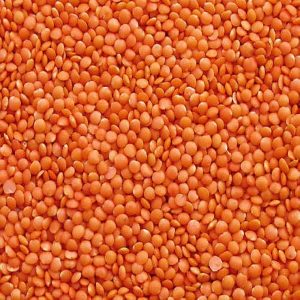

Be the first to review “Red Kidney Beans”